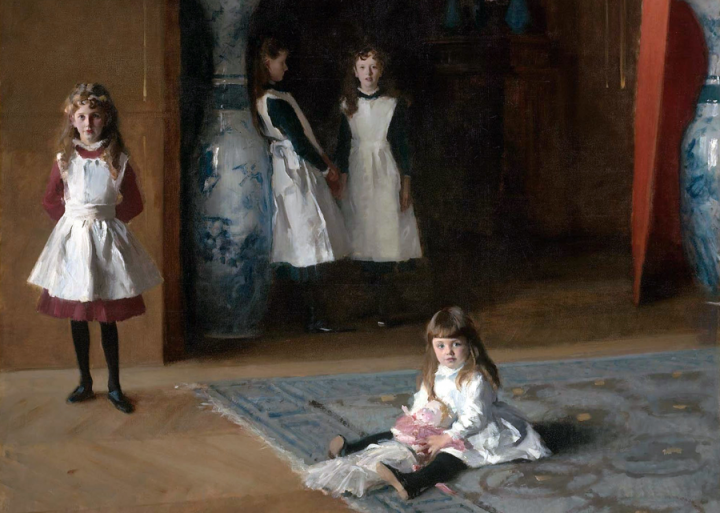
The Novel of Maturation in the Nineteenth Century | Nicholas Dames, Theodore Kahan Professor of Humanities
Literature Humanities is a course that has always been intended, if in many different ways, to produce a kind of intellectual maturation— to expose students, as they begin their undergraduate careers, to several different (and foundational) literary forms, modes of expression, and paradigmatic stories, so that they might find it possible to orient themselves in the deep time of culture. In this it is actually a late product of a largely nineteenth-century Western European ideal of Bildung (‘formation’ or more loosely ‘education’): a template in which the individual moves, through free inquiry, from ignorance to self-understanding and acceptance of social responsibility. Put more simply, we might say: education frees the self to become its fullest version. It was the ideal that underwrote much of American higher education, particularly in the early decades of the 20th century, when the Core was founded. The genre of novel in which such an ideal was described was then known as the Bildungsroman.
And yet Literature Humanities, that archetypal example of the culture of Bildung, itself includes very few such texts. We will read one of them— Jane Austen’s Pride and Prejudice— alongside two later examples from Charles Dickens and Henry James, in order to see what the Bildungsroman was and how novelists imagined the path to maturity in a society that was increasingly socially mobile, unmoored from the certainties of religion or hierarchy, and centered on economic self-interest. How does the Bildungsroman develop over time? How did it imagine the ways in which we ‘learn,’ and the things we have to learn? How did it narrate the transition from childhood to adulthood, and is that process described as gain or loss? What kinds of knowledge (of money; of adult sexuality; of the past) matter for the process of maturation?
As such our reading will also, perhaps, occasion some self-reflection: what does it mean to us to have reached ‘maturity’ and how did we get here? How does our society negotiate the collision between individual aspiration and social integration? What did our formal education— including in the Core— have to contribute to that?
SCHEDULE
This event has passed. Registration is closed.